From biomass wood credits to carbon opportunities
With 14.7 million hectares of forest, a tropical climate and fast crop growth, Vietnam is facing a unique opportunity: from a country with potential, Vietnam can rise to become a leading supplier of carbon credits in the region. But to turn the potential into reality, the prerequisite is a long-term, sustainable capital flow, helping businesses invest in technology, infrastructure and meet strict international standards on certification and data transparency.
In that context, Agribank has been a pioneer in accompanying businesses. The signing of credit contracts with Van Lang Yufukuya Company and Lam Thanh Hung Company in Thanh Hoa not only provides financial resources but also adds confidence for businesses to boldly pursue green projects, contributing to building a carbon economy.
Agribank Nam Thanh Hoa Branch accompanies Van Lang Yufukuya Company Limited.
The loans to Van Lang and Lam Thanh Hung look like traditional timber production loans, but they are actually a key link in the carbon value chain. From planting raw materials, processing biomass to exporting, each activity contributes to CO₂ absorption and generates emissions reductions that can be measured, reported and verified (MRV). When meeting international standards, these emissions reductions are certified as carbon credits and can be sold on voluntary or compulsory markets.
Thus, Agribank’s credit not only helps maintain production activities but also serves as a lever for Vietnamese enterprises to enter the global carbon market worth hundreds of billions of USD. This is proof of how commercial banks can become a bridge between the traditional agricultural economy and the green economy of the future.
Mr. Lang Van In, Chairman of the Board of Members of Van Lang Yufukuya Company Limited, took Agribank officials to visit the company's production model.
Agribank’s capital not only helps businesses maintain production but also acts as a stepping stone for them to participate in the green economy, where value comes not only from wood products but also from reduced emissions. Thanks to that, biomass wood credit does not stop at nurturing the forestry industry but also opens up opportunities for Vietnamese businesses to exploit the benefits of carbon credits - an intangible asset that is increasingly valued.
“Vote of confidence” gradually affirms position in the global carbon value chain
Agribank’s timely capital provision has helped businesses meet international standards, stabilize production flows and maintain prestige with foreign partners. Thanks to that support, not only Van Lang Yufukuya or Lam Thanh Hung but also Vietnamese wood enterprises have the opportunity to expand not only the export market but also enter the international playing field of carbon credits - a market worth more than 900 billion USD in 2024 and continuing to grow.
If a business creates carbon credits, the bank is the bridge that helps that product reach the market. As a leading financial institution in the agricultural and rural sector, Agribank understands better than anyone the potential of Vietnam’s forests in the global carbon value chain.
Agribank's financing of businesses not only contributes to promoting clean production, but also directly supports the national goal of Net Zero 2050. This is also an opportunity for Agribank to expand its credit portfolio to the field of carbon finance - a potential field, helping to increase income from service fees, guarantees, international payments, while enhancing the image of a green, sustainable bank brand.
Agribank officers appraise the enterprise's forestation project.
When businesses have a stable source of income from carbon credits, banks also benefit from strengthened debt repayment capacity, minimizing credit risk. This is a “win-win” relationship, in which Agribank both fulfills its social responsibility and increases its competitive advantage in the financial market.
Vietnamese farmers' forests have brought the first benefits when exporting carbon to the market.
Each successful transaction not only brings in revenue but is also a “vote of confidence” that helps Vietnam gradually affirm its position in the global carbon value chain.
That journey requires not only capital, but also technology, governance and above all, strategic vision. Agribank, with its ESG commitment and mission of “Banking for the community”, is helping to turn green finance from a slogan into a practical action, supporting businesses to improve their capacity and the country to implement the Net Zero commitment.
Source: https://dantri.com.vn/kinh-doanh/agribank-cau-noi-dua-tin-chi-carbon-viet-nam-vuon-ra-thi-truong-quoc-te-20250826183745197.htm


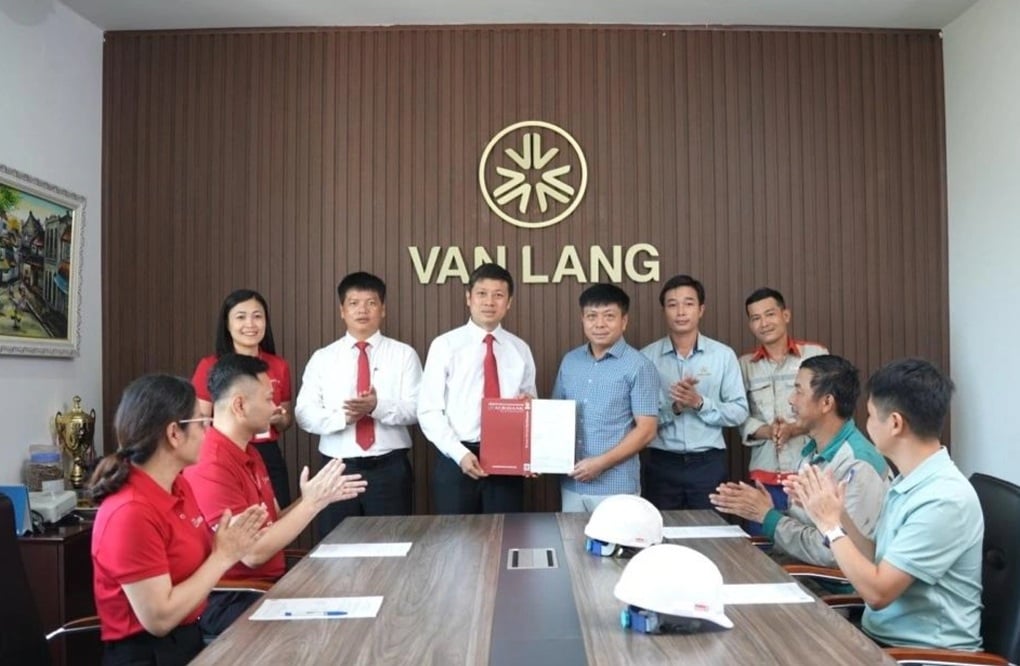
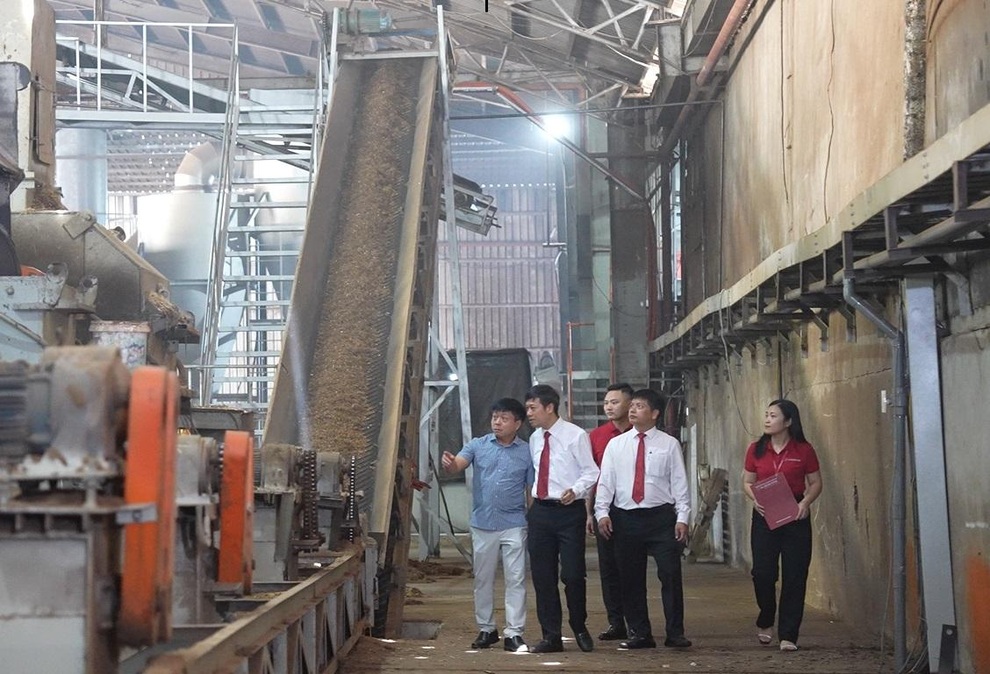
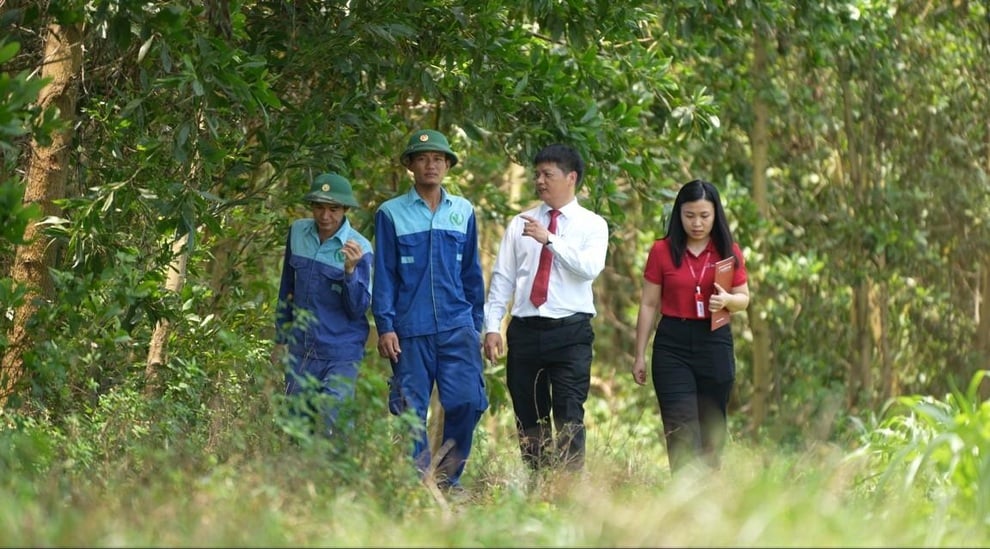
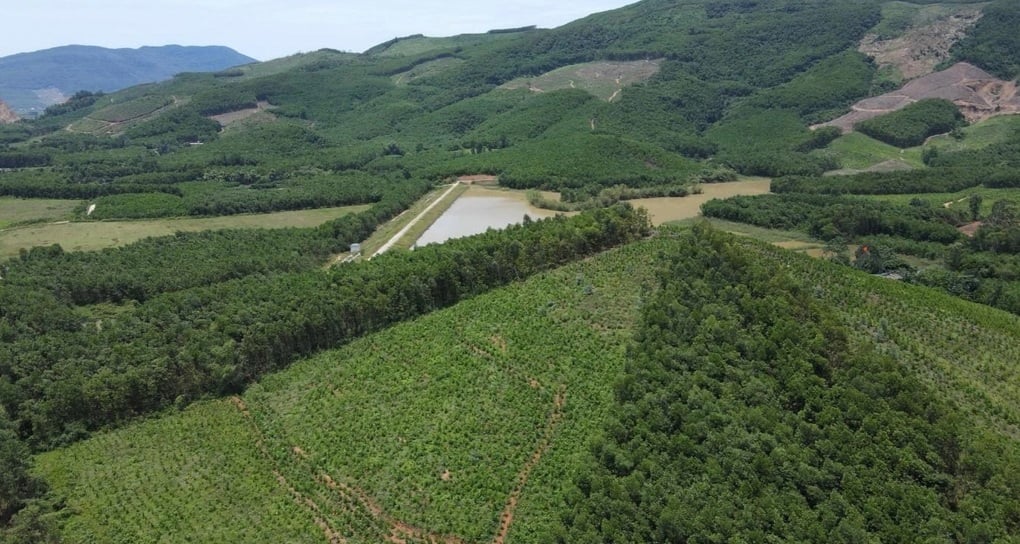





![[Photo] Discover unique experiences at the first World Cultural Festival](https://vphoto.vietnam.vn/thumb/1200x675/vietnam/resource/IMAGE/2025/10/11/1760198064937_le-hoi-van-hoa-4199-3623-jpg.webp)





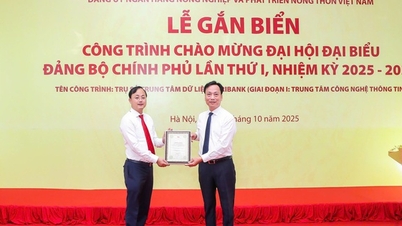










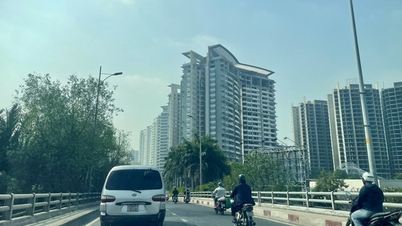

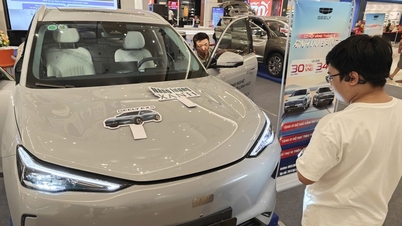
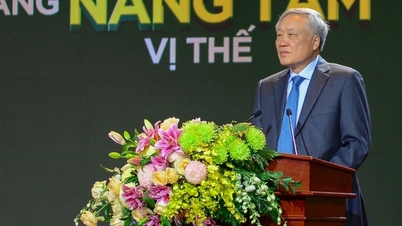







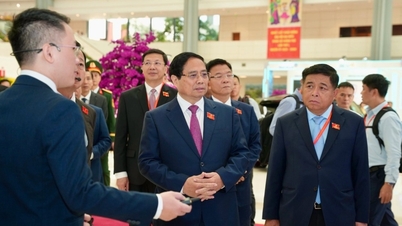

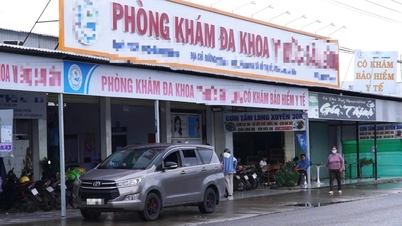
![[Photo] General Secretary attends the parade to celebrate the 80th anniversary of the founding of the Korean Workers' Party](https://vphoto.vietnam.vn/thumb/1200x675/vietnam/resource/IMAGE/2025/10/11/1760150039564_vna-potal-tong-bi-thu-du-le-duyet-binh-ky-niem-80-nam-thanh-lap-dang-lao-dong-trieu-tien-8331994-jpg.webp)



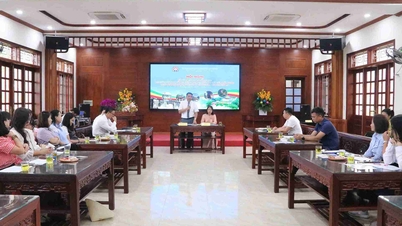
















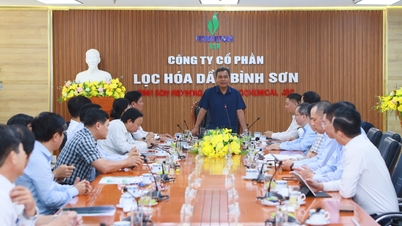









![[Photo] General Secretary attends the 80th Anniversary of the Traditional Day of the Armed Forces of Military Region 4](https://vphoto.vietnam.vn/thumb/402x226/vietnam/resource/IMAGE/2025/10/12/1760265970415_image.jpeg)

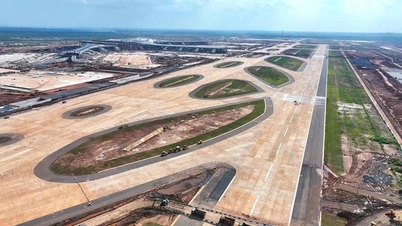
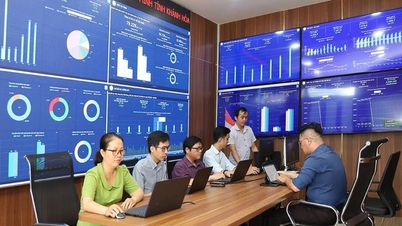

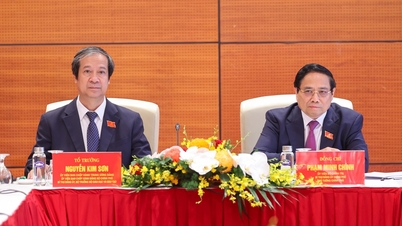

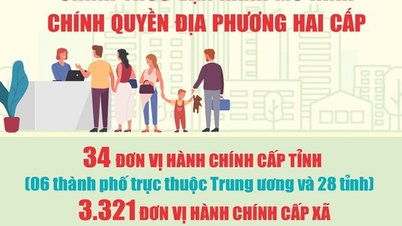
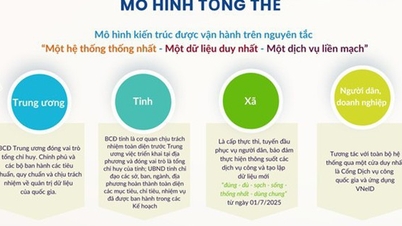
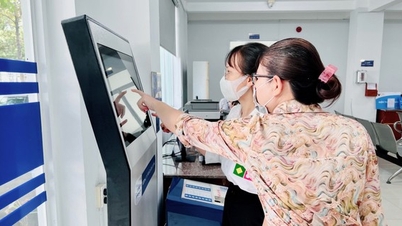
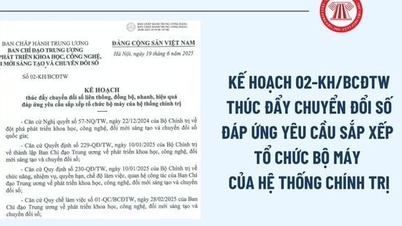


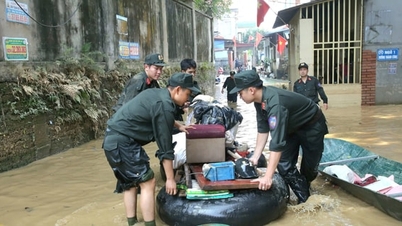
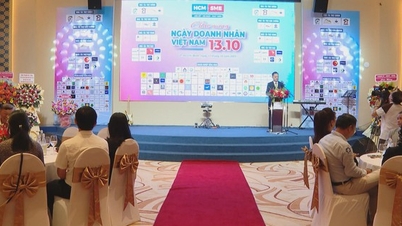


















Comment (0)